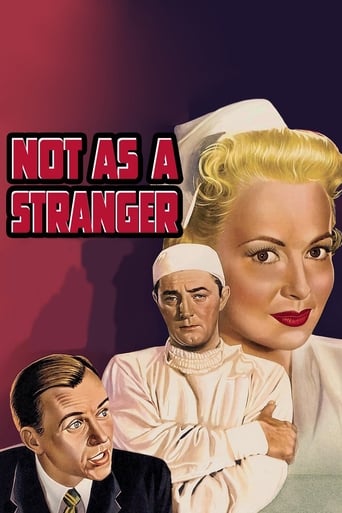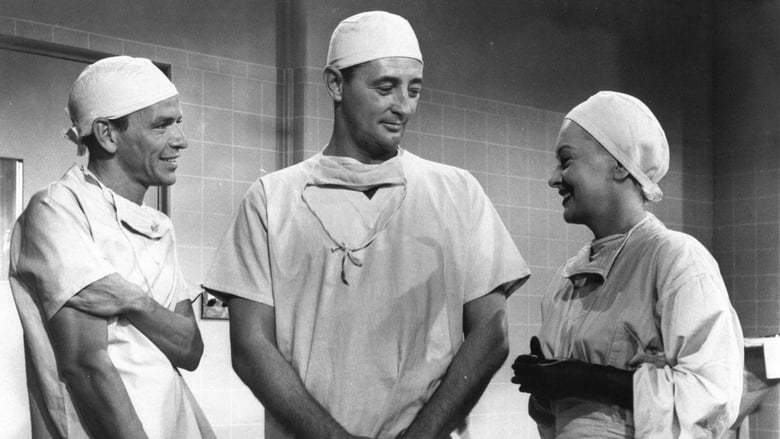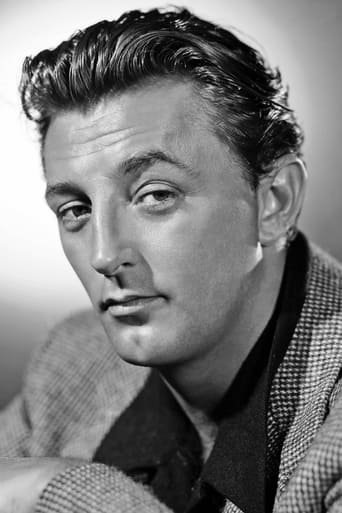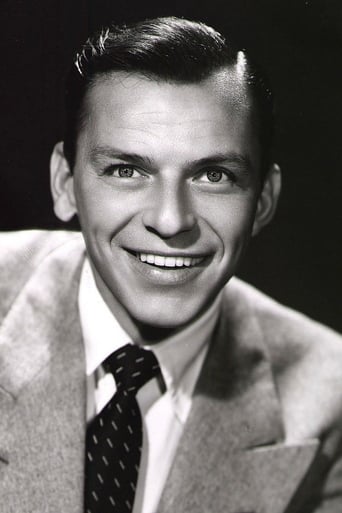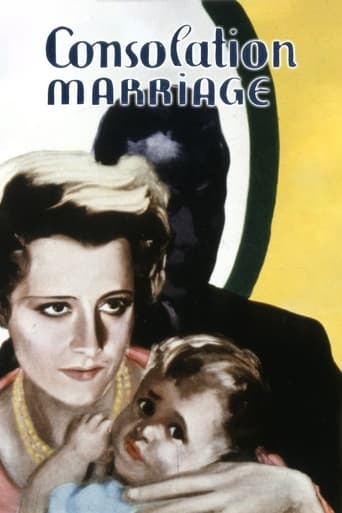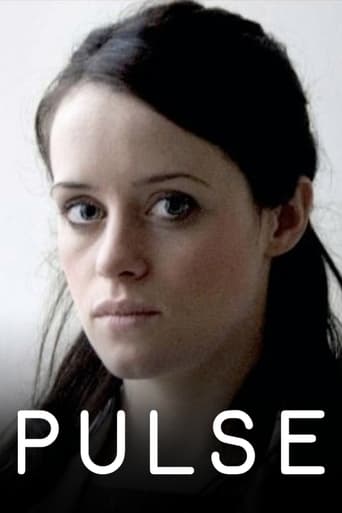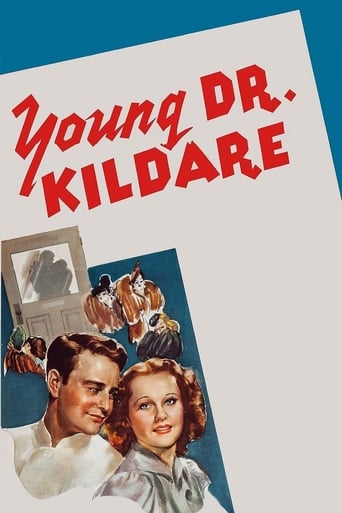Not as a Stranger (1955)
Lucas Marsh, an intern bent upon becoming a first-class doctor, not merely a successful one. He courts and marries the warm-hearted Kristina, not out of love but because she is highly knowledgeable in the skills of the operating room and because she has frugally put aside her savings through the years. She will be, as he shrewdly knows, a supportive wife in every way. She helps make him the success he wants to be and cheerfully moves with him to the small town in which he starts his practice. But as much as he tries to be a good husband to the undemanding Kristina, Marsh easily falls into the arms of a local siren and the patience of the long-sorrowing Kristina wears thin.
Watch Trailer
Cast
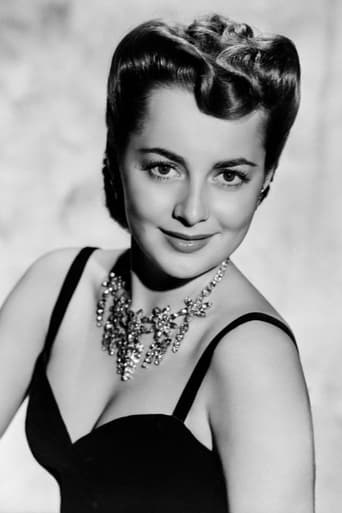


Similar titles
Reviews
1955's "Not As a Stranger" was producer Stanley Kramer's first of 15 films as a director, and he spent nearly a year getting it off the ground before it was even published as a novel, fortunately a best seller (author Morton Thompson dead well before its release). Robert Mitchum may at first seem an odd choice for Lucas Marsh, ambitious medical student turned country doctor, but he actually comes off better than Olivia de Havilland, a fine actress but miscast, saddled with a Swedish accent that tends to grate after a while. Cast with some of Hollywood's most notorious drunks, Kramer does surprisingly well in several cases: Broderick Crawford is steady as a rock as Dr. Aarons, Frank Sinatra solidifies his dramatic chops as Mitchum's intern buddy, and the often underused, always underrated Lon Chaney turns in the most powerful scene only 10 minutes in, playing Mitchum's alcoholic father, whose diagnosis of his own son proves to be right on the mark. A bit overlong, with Gloria Grahame in a stock seductress role that could have been excised without a hitch, the ending almost too pat to be believable.
I was surprised by how good this movie is, as others have commented. I found it to be. I saw it as psychological character study in addition to a fine medical drama. Of course some of the drama was a bit heavy handed for today's audience but for it's time, this was standard.Mitchum's performance was spot on. I am a grandson and nephew of two very fine surgeons and I can attest from them, that there are doctors who are very driven and perfectionists who are hardest on themselves and others and extremely difficult to work with. Mitchum's expectations underscore his dedication to medicine and the tremendous responsibility some doctor's bring to the profession.. Unfortunately when a person is so immersed in their work, working insane hours, their personal life suffers affecting all aspects of one's life. Family takes the back seat, self care such as eating is neglected and as Mitchum portrayed so well, some people become numb emotionally, dissociating from their own emotions often to escape a painful past. Mitchum's alcoholic father negatively affected and created a dysfunctional family. The ending, SPOILER ALERT, was quite effective at showing the doctor finally allowing himself to be vulnerable, able to realize he can't be perfect, and feeling real emotions, probably for the first time since childhood. I won't go into other details about the fine cast, as others have done so. Very recommended!
Some excellent performances here. Olivia De Havilland is also surprisingly believable in the role of Kris, the nurse whom Robert Mitchum decides will help him through medical school (she has the money) Frank Sinatra is also worth mentioning. I did not always like some of his performances but he is a stand out here. As a kind of conscience for Mitchum. He actually becomes enraged when Mitchum cynically decides he will marry Kris, so that he can pay his tuition for medical school. There is a cameo role with Lon Chaney, Jr. as Mitchum's father, who is a hopeless alcoholic. The scene is very effective as Mitchum conveys disgust and hatred for his father, and his father with dark sad eyes says; you are missing something, you don't have the soul to help people.One amusing note is when Mitchum asks his professor of surgery for financial aid. The man does help him- his salary is $9,000.00. This was a princely sum in 1955, apparently. Wow, how things have changed.The story continues as Mitchum graduates medical school and interns in the small fictional town of Greenville. All is well until he meets femme fatal Gloria Grahame who is wealthy and widowed. The type of woman a doctor should have (according to 1955 stereotypes) At any rate Charles Bickford is Dr. Runcklemann, who is a country doctor and takes Mitchum under his wing. He runs the county hospital in Greenville with a big heart, and concern for the community. Mitchum is affected by him, and when Runcklemann dies on the table during surgery, he suddenly realizes how he lost sight of what matters in life. Will Kris take him back?.This film is unusual and has several stand-out performances. Highly recommended. 9/10
I have always liked Robert Mitchum and his performances. In some of his movies, it is in spite of his phlegmatic style and persona - in this movie, this characteristic makes his lead character more compelling. I recently saw the picture for the first time in a number of years, on our local PBS station, which has a weekly program airing two vintage films. The host, a local area personality and true expert on classic cinema, mentioned how the director was concerned with this cast. Mitchum, Sinatra, Lon Chaney, Broderick Crawford and Myron McCormick were all individuals known to "bend the elbow,." However, despite their late-night activity after a day's shooting, there were no disruptions which affected the film's completion or the quality of work. The same for Gloria Grahame's history of being a difficult actress with whom to work, and Olivia de Havilland's being the opposite in real life from her placid screen character.This film, viewed now, still has a story and central character (Mitchum's Dr. Marsh), as compelling as they were 50 years ago; at the same time, it presents an outstanding, classic viewing of the noir style of the 1950's. The other characters, and story line, are also indicative of this period, cleanly-defined, and as "black-and-white" as the genre.It is also interesting (and amusing, without detracting from the story) to note Mitchum was only a year younger than de Havilland - a bit long-in-tooth to portray even a medical student, and someone whom the story depicted as, say, about 10 years her junior. Given Sinatra's "second banana" work here, as in "From Here to Eternity," it is also interesting to see him at the beginning his re-ascent from the demise of his earlier status during the late 40's/earlier 50's. Following the period of this picture, he rose to become perhaps the greatest icon is entertainment history during the next three decades.This is one of those films - fully-enjoyable in its own right - but with these many other interesting, fascinating aspects as well.

